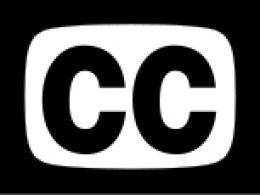Tribute: Sherwood Schwartz, creator of ‘Gilligan’s Island’ and ‘The Brady Bunch’
Posted on July 12, 2011 at 3:19 pm
We mourn the passing of Sherwood Schwartz, who helped define a generation with his enduringly popular if very undeniably silly television series, especially “Gilligan’s Island” and “The Brady Bunch.” He named the sinking ship on “Gilligan’s Island,” the S.S. Minnow, after my dad, Newton Minow, then the chairman of the Federal Communications Commission and the first in that job to suggest the broadcasters should try to provide more choice. They later had a cordial exchange of letters and the association is still a great source of pride for everyone in our family.
The shows continue not just as emblems of their era, where they were a comforting counterpart to some of the strife of the late 60’s and early 70’s, but as genuinely fond memories for those who knew they were cheesy and formulaic but could not help responding to the genuine warmth inside them. Both shows were about different people learning to get along and create a family, and the very smallness of the issues that were so neatly resolved in 22 minutes (Marcia made two dates for the school dance! Jan got braces! Mary Ann or Ginger?) was somehow as reassuring as the constancy of the combined aggravation and affection between the characters. There is frequent talk of updates, but the makers of the “Brady Bunch Movies” were wise to keep the characters in the 70’s even though times had changed.
May his memory be a blessing.


